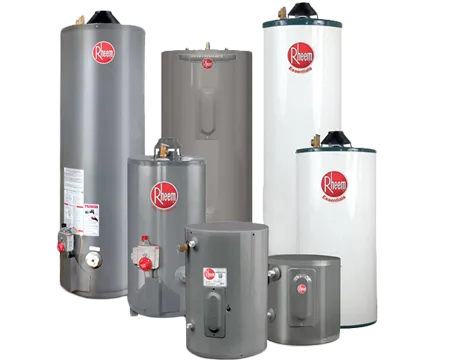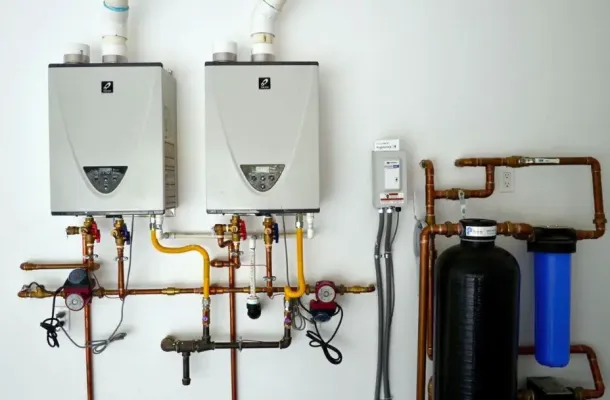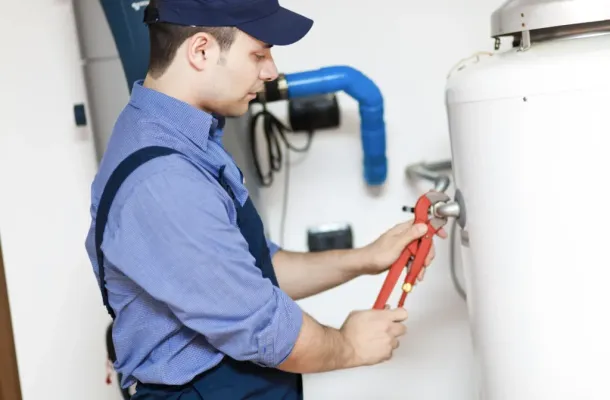Money-Saving Tips for Water Heaters

Getting the most out of water heaters
Don’t let your water heater drain away your nest egg. In a typical household, the hot water heater uses more energy than any other appliance except for the heating and cooling systems, so it’s important to maximize its efficiency in order to realize the most savings.
The first step is to evaluate the appliance itself: If your water heater is a decade or more old, it might be time to replace it entirely with a newer model. Barring that, there are other actions you can take around the house to reduce your usage and your bills. Follow these tips to conserve hot water and save on your energy bills, without resorting to cold showers in the middle of winter.
What type of water heater should you buy?
Purchase a water heater certified by Energy Star, which are 14 to 55 percent more efficient than required by federal standards.Gas water heaters almost always cost less to fuel than electric models.Tankless water heaters work instantaneously rather than storing the hot water, which can save energy because stored water cools down and may have to be heated multiple times.
Also, consider :
- Solar water heaters if you live in a sunny area and have room to install a module outside the house.
- Look into other specialty types of high-efficiency water heaters that may be suitable for your specific needs and setup.
- Turn down the thermostat. The Department of Energy recommends keeping the hot water temperature set to 120 degrees, although settings often go up to 140 or higher. Lower temperatures save energy and can prevent you from scalding yourself in the shower to boot.
- If you are away from home for an extended period, lower the temperature to its lowest setting or even turn off the water heater altogether.
- Install a timer to turn off your hot water heater at night.
- Make sure your water heater gets regular maintenance. Drain the tank periodically according to manufacturer recommendations to clear out any sediment.
- Insulate the tank and any exposed pipes so water doesn’t cool down on its way to your faucets and appliances. Make sure to follow instructions if you insulate the tank so you aren’t covering or blocking important instruments.
- Take shorter showers, don’t run the hot shower full blast, and use a water-conserving shower head to reduce hot water usage.
- Look for economy settings on your dishwasher, and wait to run it until there is a full load of dishes to wash.
- Use cold water in your washing machine unless hot is necessary for a particular fabric.
- Buy a new, high-efficiency dishwasher and washing machine to conserve even more hot water.
- Find and fix any leaks in your pipes and fixtures so you don’t waste hot water drop by drop.
Call Hardenburgh Plumbing to ask about our services, talk about a plumbing problem you’re having, and/or schedule an appointment for us to come take a look at your home or business
561-968-0000.

